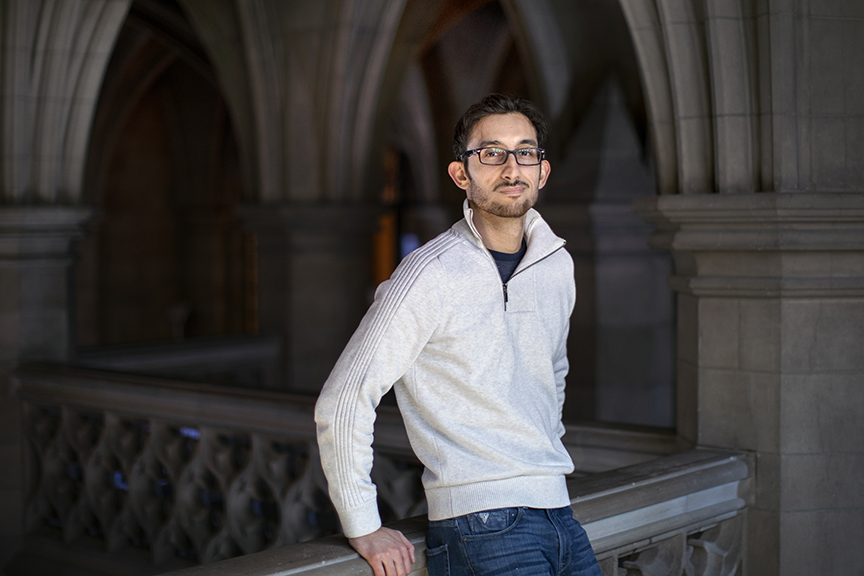Speech-Language Pathology (Practitioner)
Program Overview
The Master of Health Science (MHSc) in Speech-Language Pathology is a full-time professional graduate program. The primary aim of the program is to prepare practitioners for entry into the practice of speech-language pathology. Graduates are prepared to assume varied professional responsibilities including the assessment, treatment, and management of speech, voice, language, and swallowing disorders. Coursework and clinical internships are integrated and sequenced in a unique modular curriculum. Additionally, students participate in the interprofessional education (IPE) curriculum for 11 health science programs at the University of Toronto. There is a strong research-to-practice focus and students complete a comprehensive portfolio requirement in their final year.
Students cannot apply to the MHSc program from the SGS website. For application information, fees, and guidelines to apply to the MHSc clinical program, please consult the Ontario Rehabilitation Sciences Programs (ORPAS) website.
For students interested in pursuing research: visit the Speech-Language Pathology (Research) program page.
Quick Facts
| Domestic | International | |
|---|---|---|
| Application deadline | MHSc: January-2024 | |
| Minimum admission average | MHSc: A- | |
| Program length (full-time only) | MHSc: 6 sessions |

“When you are here you feel very supported by others.”
- Arturo Reza Ugalde
- PhD Candidate, Mechanical & Industrial Engineering
